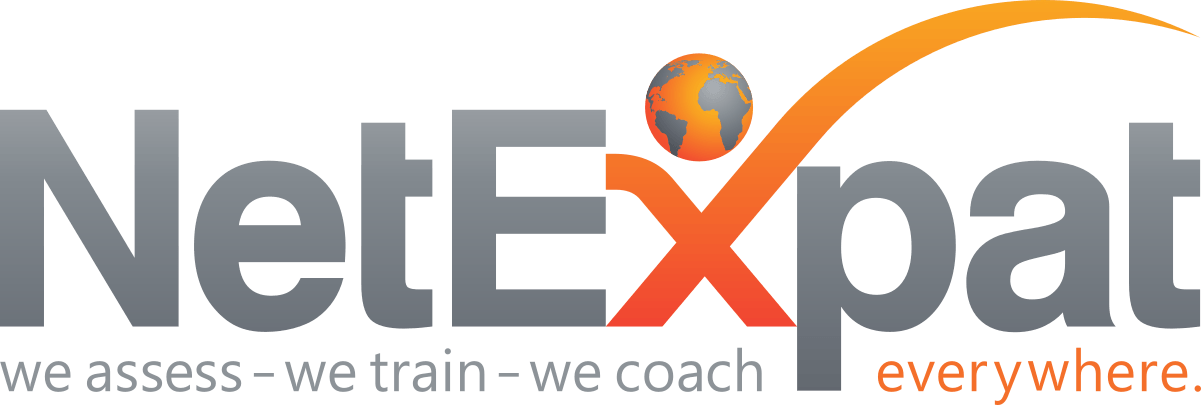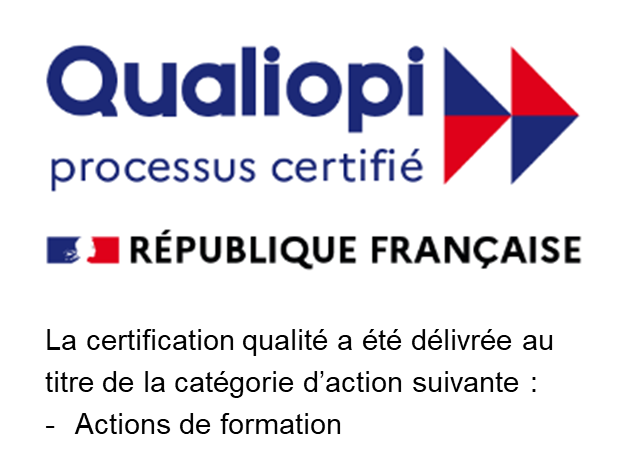Repatriation and Retention: Ensuring Mobile Talent and Businesses Thrive

When organizations support mobile employees during an intercultural assignment, they benefit long after those same individuals repatriate. The trouble is, too many businesses don’t see repatriation as a
component of the assignment, which can have negative outcomes for both them and the employees they’ve invested in: Without repatriation support, employees face a myriad of challenges, from reverse culture shock and career uncertainty to feeling diminished. Businesses end up paying the price, from employees being disengaged to losing talent altogether. Both have negative impacts on a company’s ROI.
Nearly 40% of repatriates leave their jobs within a year of coming back home. Adequate support can make the difference between employee retention and attrition.
Source: Forbes Magazine
The Relationship Between Repatriation and Retention
The relationship between repatriation and retention is closely linked — and so is the connection between the level of support provided to employees during the final stages of their international assignments. Below are just a few key considerations:
Reverse Culture Shock
Repatriation is a complicated cycle. Too often, organizations don’t fully understand just how complicated it is — or they may not be familiar with the concept of reverse culture shock at all. Decision-makers may assume an employee will be coming home to a familiar way of life and should have no issues adapting, but this couldn’t be farther from the truth: typically, the employee’s perspectives have changed, along with their ways of thinking while abroad. The dynamics of their community, friend groups, family members and offices in their origin location have also changed. When returning home, the repatriate often feels out of sync, displaced, and needs support to navigate changes both at home and in the office.
Career Planning vs. Attrition
In recent years, organizations have had to navigate a volatile, uncertain, complex, and ambiguous (VUCA) environment, making them cautious about planning too far into the future. But if an employee doesn’t know what their next career steps will be following an assignment, it’s common for them to start looking for a new position to protect their career and the financial well-being of their family. If their employer hasn’t provided a clear roadmap to what comes next, there’s a good chance they may leave to work for another company — taking their newly gained market and intercultural knowledge with them.
Recognition of International Experience
While expats are on assignment, they may feel well-compensated, engaged by their work and intercultural experiences, and that their newly gained skills, global perspectives, and leadership insights have enhanced their value at the organization. If the business fails to value or utilize these new skills in some way, repatriates often feel unappreciated, become disengaged and are less likely to envision a future in the company.
The Reintegration Experience
There are a variety of ways employers can provide a positive employee experience, retain talent and maximize their return on their mobility investment:
Differences in Cultural Communication Styles
-
1. Plan and Communicate, Pre-Departure:List Item 1
Whenever possible, have a plan for what will happen after the assignment, before an employee’s departure. In addition to providing a clear message that your organization values the employee, this will also help your team better align the mobility function with overall business goals.
-
2. Invest in Repatriation Coaching:
As mentioned above, when expats spend a significant amount of time adjusting to a new culture and way of life, it changes their perspectives and behaviors in positive ways — but often makes home not “feel” like home anymore. Repatriation coaching can be crucial to navigate everything from culture shock to confusing identity changes. It can also help them assess what they’ve learned and how they’ve grown in practical ways that will benefit the organization. Repatriation coaching also shows employees that they — and their international experience — are valued. Always consider providing this coaching to accompanying family members, too. Just as employees perform better on assignment when their family members are thriving, the same is true when they repatriate. Read an example in our case study on Facilitating a Successful Repatriation.
-
3. Utilize the Employee’s Newly Gained Skills:List Item 3
Repatriates have a well-deserved sense of pride in the knowledge and experience they gained while abroad; utilizing both benefits the employee and the business. While this can mean providing the employee with a new role or career advancement, it can also mean simply creating a mentorship program for employees who are returning to the same roles they held before their assignments. By making repatriates mentors to other soon-to-be mobile employees — or teams that will be working with the market the repatriate has just returned from — they serve as valuable resources by sharing a wealth of intercultural skills and market knowledge within the organization. Feeling valued keeps repatriates engaged at work.
-
4. Prepare Receiving Managers for the Repatriate’s Return:List Item 4
In addition to helping mobile employees adjust when returning to their country of origin, it’s also important to work with a skilled intercultural services provider to support the supervisors that will be managing them. Whether the employee will be returning to the same role or a new one, when a supervisor understands the repatriate’s re-integration challenges, new perspectives and experience, they’re better able to leverage newly gained market and cultural knowledge, navigate intercultural misunderstandings, and optimize the repatriate’s employee experience. Ultimately, this benefits team collaboration, organizational growth, and employee engagement and retention.
NetExpat offers programs that can help your organization navigate – and optimize – the impacts and outcomes of repatriation. Read an example in our case study on Facilitating a Successful Repatriation.
Global talent mobility is a strategic investment. To see the greatest return on that investment, companies benefit from taking a strategic approach to each phase of an employee’s relocation, including repatriation. At the end of the day, this doesn’t just facilitate a smoother adjustment for the repatriate, it also plays a part in employee engagement, workforce retention and business success.
To learn more about out how NetExpat can help you maximize your return on mobility investment through intercultural training, employee and accompanying family support programs, and repatriation coaching, contact us at
info@netexpat.com
Share this post














